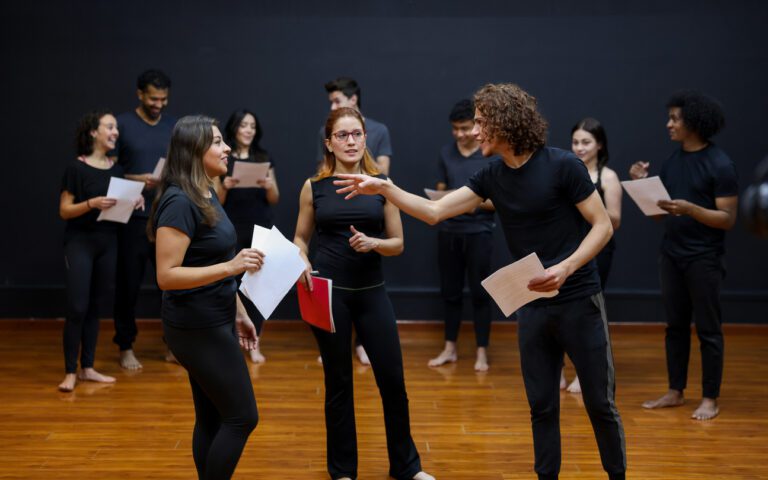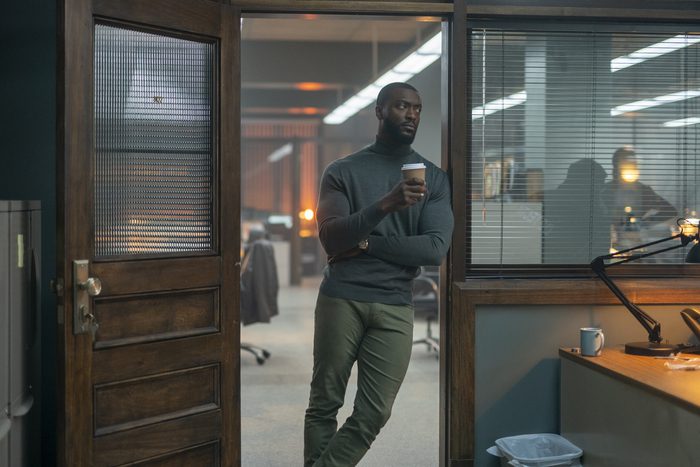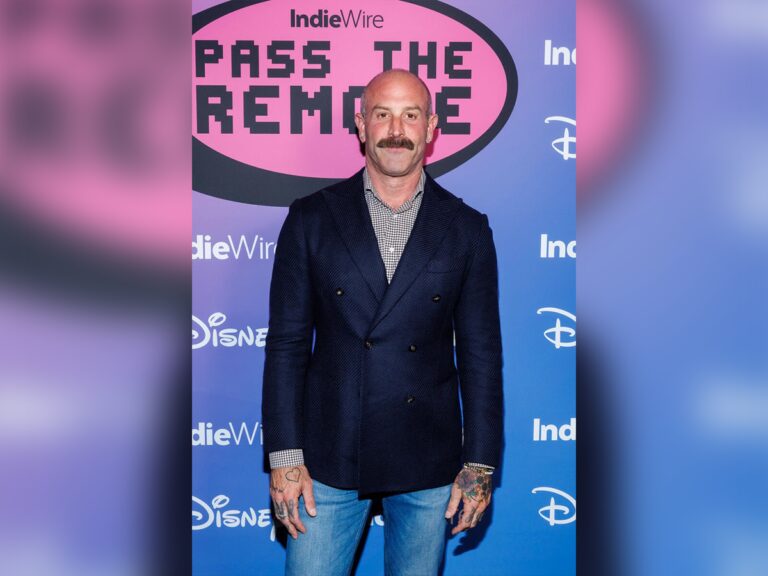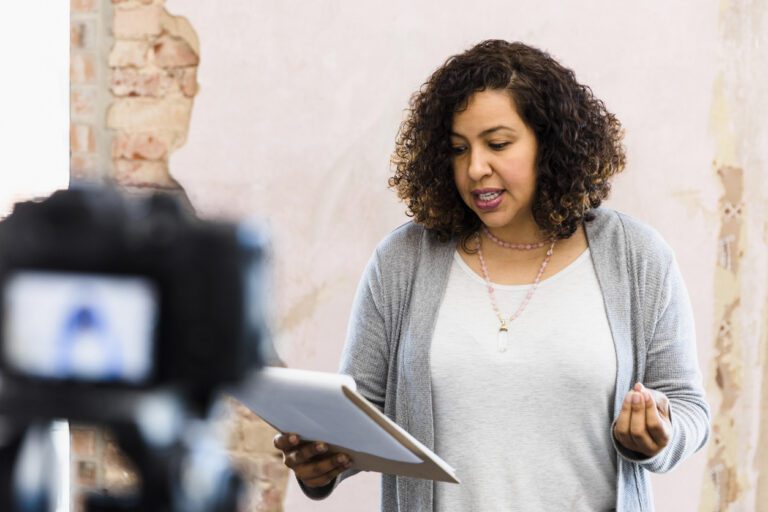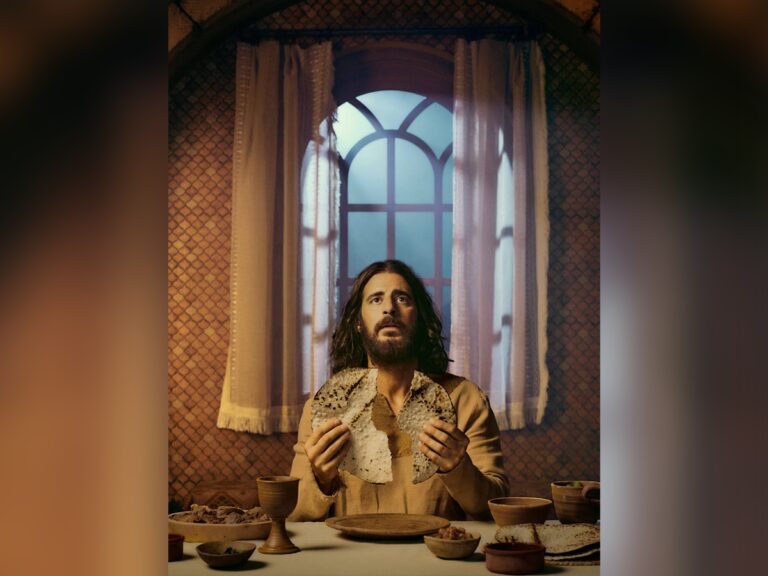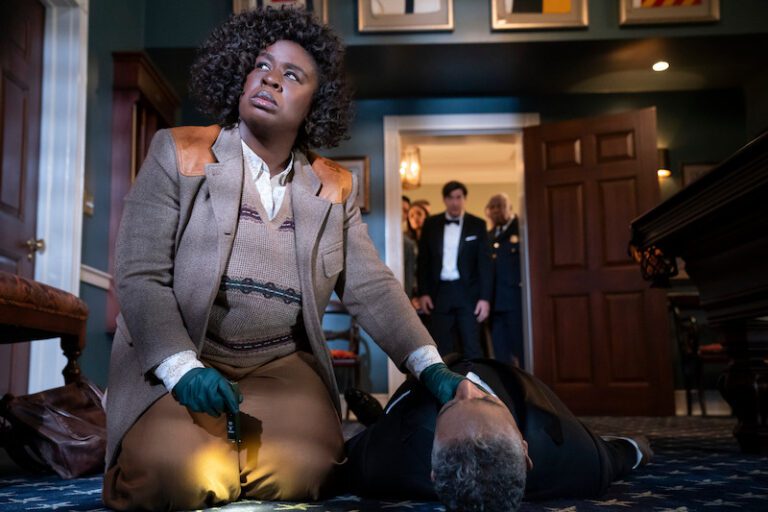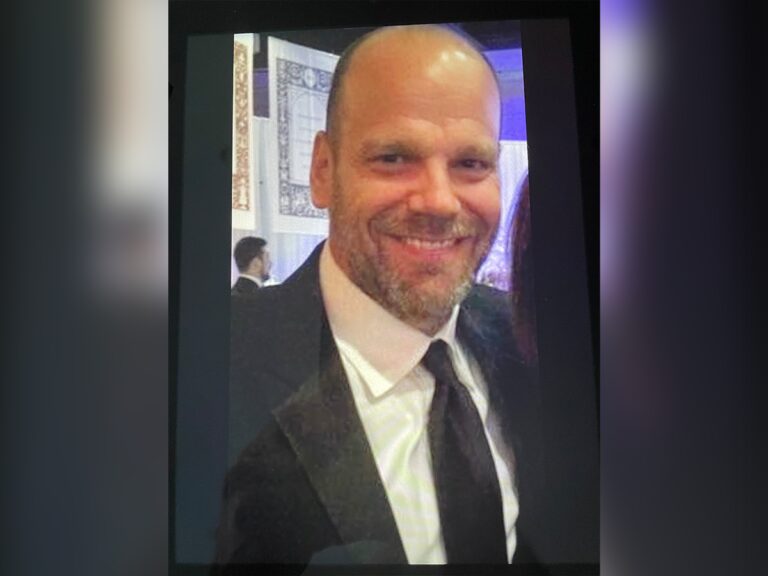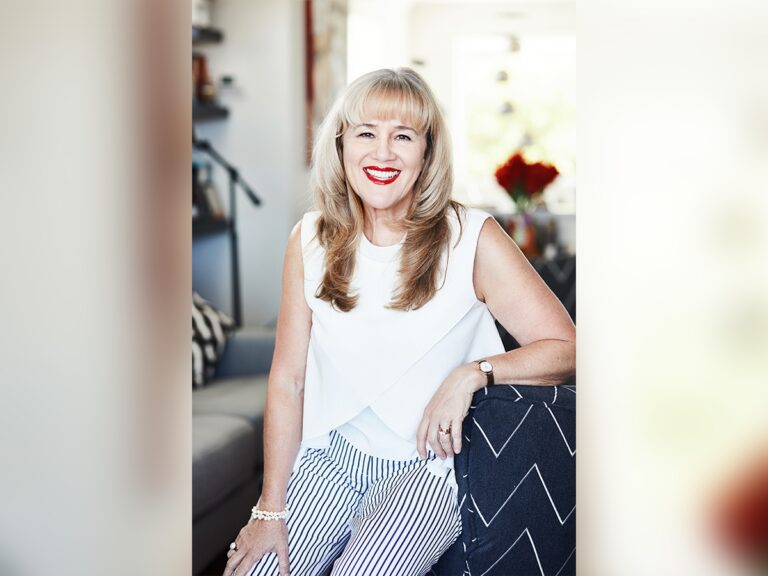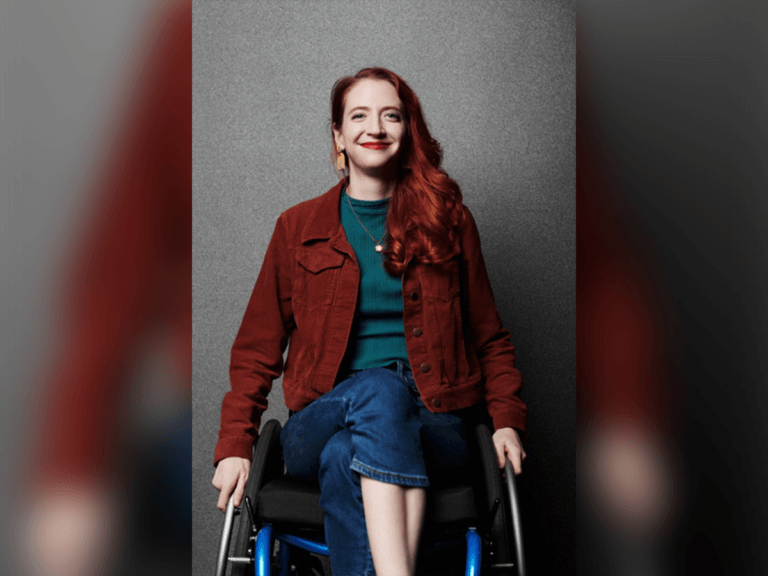Orion McCabe is an actor who’s been able to tie music and acting seamlessly into his life. Playing the bagpipes earned him his SAG card, and his swagger as an actor has helped him upgrade his roles. McCabe took time to share his experience of getting booked in the crime film The Last Deal and Eddie Murphy’s Amazon Prime Christmas comedy Candy Cane Lane, both off of Casting Networks.
How did you decide to become an actor?
I wanted to do it when I was young. I did a lot of plays when I was a kid, and I did a lot of clowning around and doing funny voices and stuff when I was young. And I did it [for awhile, then] I stopped and got more into music. Right around my early 20s, I made the full switch into acting and music at the same time.
What do you play?
I’ve been playing bagpipes [about] 25 years now. That actually helped me get my SAG card.
How did that happen?
I got booked on a bunch of shows, [including] RENO 911! as a bagpiper, and that was my Taft-Hartley. That was my first contract in ’06. I had just been eligible from doing a movie called Jarhead. So then the Taft-Hartley was like, “You’re a must-join now.” So I was like, “Okay.” So I joined after I did that show.
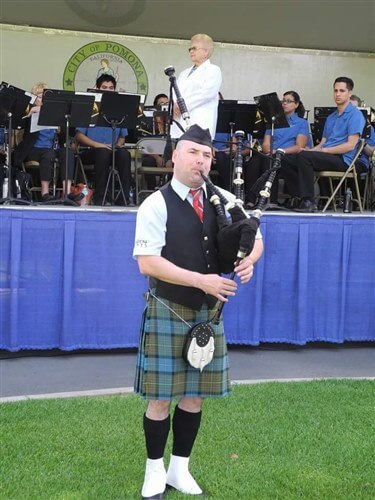 Photo courtesy of Orion McCabe.
Photo courtesy of Orion McCabe.How did you first discover Casting Networks?
I remember getting into it through my old manager. My manager did a lot of commercials and she was like, “You’ve got to be on this thing and you have to submit yourself. Even though I’m getting breakdowns and I’m submitting you as well, you’ve got to do the work and do the research.”
Especially if you want to get your reel together or you want to get some credits, it’s good to be on the platforms and be diligent with your own career. I started with Casting Networks 20-something years ago.
Tell me about your experience booking The Last Deal and what the process was like.
I submitted myself to that project. I sent in some real footage. Then they contacted me back and they wanted to do a self tape. Then I did a Zoom call with the director and writer. He read with me, and then maybe a week later, I got the call and it was between me and another guy. The other guy had a lot of credits—well, a lot more than I did at the time—and Instagram followers and all that jazz. He couldn’t do it or he declined the role, and then I got the part.
What was it like when you got on-set?
It was great, man. I was a large supporting character. I didn’t realize he had written some more stuff in the movie. The first draft didn’t have that much of me in there. Then after I auditioned and after [the director] met me, he wrote in a few other little nuggets in there that were really good.
If you’ve seen the movie, man, the way we shot it was amazing. Got a lot of POVs and turnarounds and just a lot of good horizontal shots that were just, in my opinion, pretty good. It was on Amazon Prime for a half a year, [and] now it’s on Netflix.
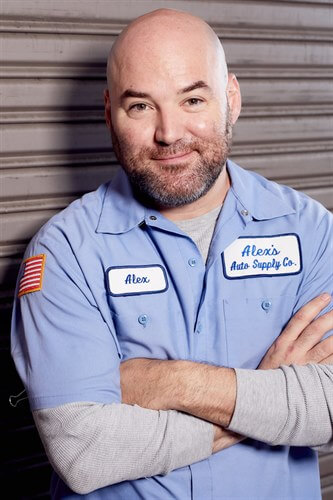 Photo courtesy of Orion McCabe.
Photo courtesy of Orion McCabe.Do you have any other successes and high-profile jobs that you booked from Casting Networks that you could share?
Well, this is interesting. I booked Candy Cane Lane on my own through Casting Networks. I was on the hustle to get some work and I was in a bad space. I was down to nothing in my savings, very little in my checking and I booked Candy Cane Lane and worked eight days at principal pay.
I got featured in the movie. I came in as just a regular ensemble, and when I met the first AD, the first AD is like, “I like you, man. I like your look. You’ve got something going on here. I want to put you on as the head guy. You’re the pipe leader.” It’s a Christmas movie with Eddie Murphy.
What would you say helps someone succeed on Casting Networks?
You’ve got to put your skin in the game. You’ve got to get out there and you’ve got to have decent photos. You don’t need a thousand photos, but you need four or five different looks with good credible photographers. And you need to note your specialties.
If you’re a gymnast or a contortionist, or a clown or any of those other things, have that in your profile with a decent resume. Maybe [upload] some of that footage if you have it. And maybe [add] a few scenes from commercials or commercial reel, a theatrical reel, that kind of thing. That always helps get you to the front of the line. And train. You’ve got to have experience.
We’re entering a really weird age now where Instagram followers and influencers are taking front stage over people who’ve been in the craft and doing things for years. I don’t know if that’s going to stay the way it is, but get the experience. Don’t rely on your Instagram followers and your Twitter followers to get you to the front of the line. You want to do improv? Train. You want to take some Meisner or some Method? Take it. Work. Put your time in. And when they pull your card, you’ll be ready to take the job.
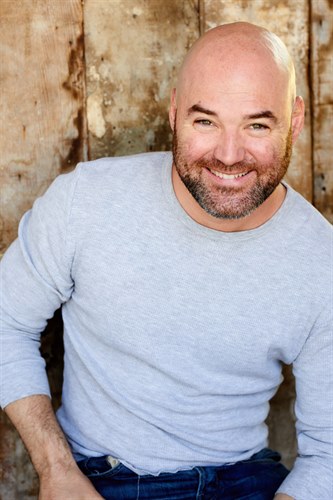 Photo courtesy of Orion McCabe.
Photo courtesy of Orion McCabe.What’s some audition advice that you could share?
Don’t overprepare, don’t undermine yourself and don’t overthink the situation. If you’re going in for a large lead, you’re going to get a two-page, a three-page scene. Just let the words flow. Get the energy first.
Every single audition I’ve ever gotten, I wasn’t 100% off-book. I wasn’t off-book, but my energy was there because I knew my bullet points. Having the correct bullet points on a one-page scene is crucial. If it says in the script, “I am,” and you say, “I’m welcome,” or you say something along those lines that fits in the same energy, you’re getting off the page and you’re using that energy in a realistic, authentic and organic moment. You’re not chained to the page.
I find that casting directors pick up on these nuances. They pick up if you take a pause and the pause isn’t because it’s natural, it’s because you don’t remember the lines. Or you forgot where your arc was, or where your build was or where there was a place where there was a shift.
When it comes to auditioning, don’t sweat the small stuff. Go in there and bring the energy versus [just] the words, because the energy will always trump the words.
Casting directors use Casting Networks every day to discover people like you. Sign up or log in today to get one step closer to your next role.
You may also like:
